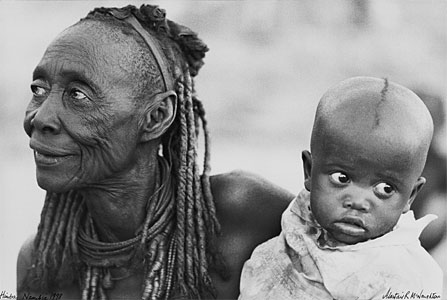
We read this for our lab journal club today and I just really loved it, so well written and such a n elegant study, love it when that happens. - MA
Kachel FA, Premo LS, Hublin JJ (2010) Grandmothering and natural selection. Proceedings of the Royal Society Series B doi: 10.1098/rspb.2010.1247
Abstract
Humans are unique among primates in that women regularly outlive their reproductive period by decades. The grandmother hypothesis proposes that natural selection increased the length of the human post-menopausal period—and, thus, extended longevity—as a result of the inclusive fitness benefits of grandmothering. However, it has yet to be demonstrated that the inclusive fitness benefits associated with grandmothering are large enough to warrant this explanation. Here, we show that the inclusive fitness benefits are too small to affect the evolution of longevity under a wide range of conditions in simulated populations. This is due in large part to the relatively weak selection that applies to women near or beyond the end of their reproductive period. However, we find that grandmothers can facilitate the evolution of a shorter reproductive period when their help decreases the weaning age of their matrilineal grandchildren. Because selection favours a shorter reproductive period in the presence of shorter interbirth intervals, this finding holds true for any form of allocare that helps mothers resume cycling more quickly. We conclude that while grandmothering is unlikely to explain human-like longevity, allocare could have played an important role in shaping other unique aspects of human life history, such as a later age at first birth and a shorter female reproductive period.







No comments:
Post a Comment